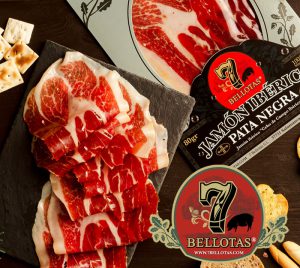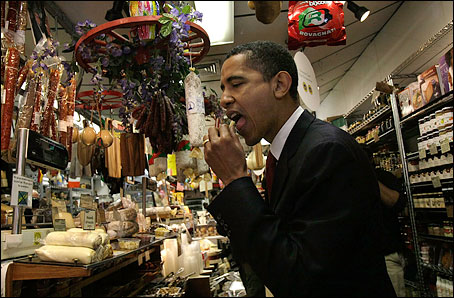Why Clarity and Transparency Still Fall Short
Despite efforts to regulate the market through the updated Spanish Jamón Ibérico Law, many experts and producers argue that the current legislation is still insufficient, creating confusion for consumers and unfair advantages for lower-quality products using the same prestigious terminology. The Spanish ham industry is globally recognized for its exquisite Iberian acorn-fed ham, a culinary gem celebrated for its depth of flavor, centuries-old production methods, and connection to nature.
This article explores the shortcomings of the current Iberian ham regulations, the implications for both producers and consumers, and why greater transparency is urgently needed to protect the authenticity of this iconic product.
Understanding the Iberian Acorn Ham Law
Spain’s Iberian ham classification system was introduced to establish clear labeling standards and protect the reputation of high-quality Jamón Ibérico. While the law introduces color-coded labels to indicate the breed purity and feeding of pigs, many argue that the reforms don’t go far enough to eliminate consumer confusion.
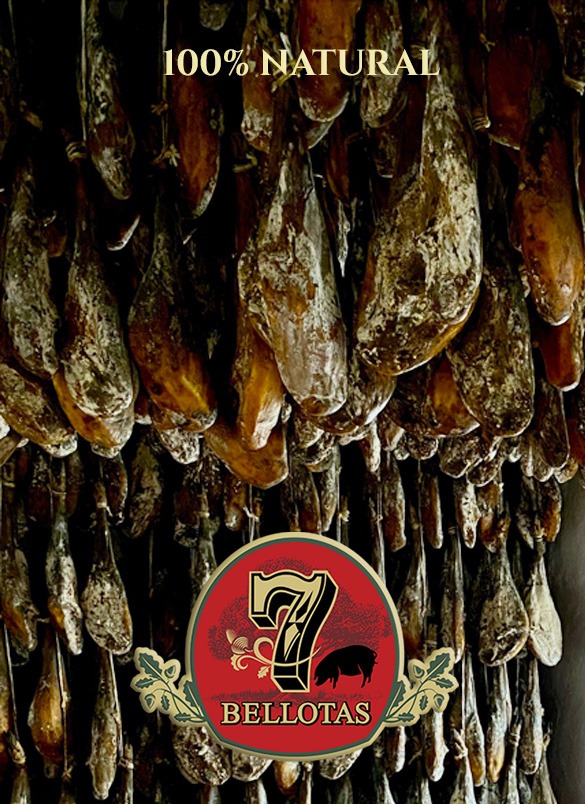
The categories currently include:
- Black label: 100% Iberian breed, acorn-fed (true Jamón Ibérico de Bellota)
- Red label: Crossbred pigs (at least 50% Iberian), acorn-fed
- Green label: Pigs fed on pasture and grains
- White label: Farm-raised pigs fed on compound feed
While this system is technically informative, in practice, most consumers don’t fully understand what these labels mean. The term “Iberian ham” continues to be applied to a broad spectrum of products—some of which bear little resemblance to the artisanal, 100% Iberian acorn-fed ham that has become synonymous with Spanish culinary excellence.
Where the Iberian Ham Law Falls Short
Confusion Over the Term “Iberian”
One of the biggest issues with the current legislation is the unrestricted use of the term “Iberian.” It applies to both:
- Pigs raised freely in oak forests and fed on acorns
- Pigs confined in industrial farms and fed on commercial feed
This creates a misleading equivalence between vastly different products. Consumers seeking a gourmet experience may end up purchasing lower-tier ham under the assumption that all Iberian ham offers the same quality.
Lack of Consumer Education
The current Iberian acorn ham law assumes that consumers will research or understand the difference between label colors and breed/feed combinations. However, without widespread education campaigns, most people remain unaware of the nuances, which opens the door for misleading marketing tactics.
Inconsistent Enforcement Across Regions
Although the law outlines labeling standards, it lacks consistent enforcement both within Spain and internationally. This results in retailers and even restaurants mislabeling products—either through ignorance or intent—without repercussions.
Refreshing Fig and Iberian Ham Salad Recipe | A Perfect Blend of Sweet and Savory Flavors
A Fresh, Flavorful Spanish Recipe Looking for a vibrant, gourmet dish that brings together sweet, salty, and savory in perfect harmony? This Fig and Iberian Ham Salad Recipe is a...
The Prestige of “Black Leg” Diluted
Traditionally, the phrase “black leg” or pata negra was reserved for 100% Iberian acorn-fed hams, representing the pinnacle of Spain’s cured meat tradition. Now, the prestige of this term is threatened by its use in connection with crossbred or grain-fed hams that don’t reflect the same standards.
The Call for Stricter Regulation and Transparency
Many experts and respected producers in the Iberian ham sector are calling for tighter regulation that protects the identity of true acorn-fed Iberian ham. Their proposals include:
- Reserving the term “Iberian ham” only for acorn-fed pigs of certified Iberian lineage
- Clear, plain-language labeling explaining breed, feed, and rearing conditions
- Stricter penalties for mislabeling or misleading advertising
- Public awareness campaigns to educate consumers worldwide
By tightening these standards, the industry can ensure fair competition and restore trust in the label “Iberian.”
How to Identify Authentic Iberian Acorn Ham
When shopping for Jamón Ibérico de Bellota, look for these hallmarks:
- Black label certification
- Clearly stated “100% Iberian breed”
- Information about free-range rearing and acorn feeding
- Trusted sources or brands with transparent production methods
At 7Bellotas, we offer premium, traditionally prepared 100% Iberian acorn-fed hams, all clearly labeled and sourced directly from Guijuelo, one of Spain’s most prestigious ham-producing regions. Visit 7Bellotas.com to explore our authentic collection.
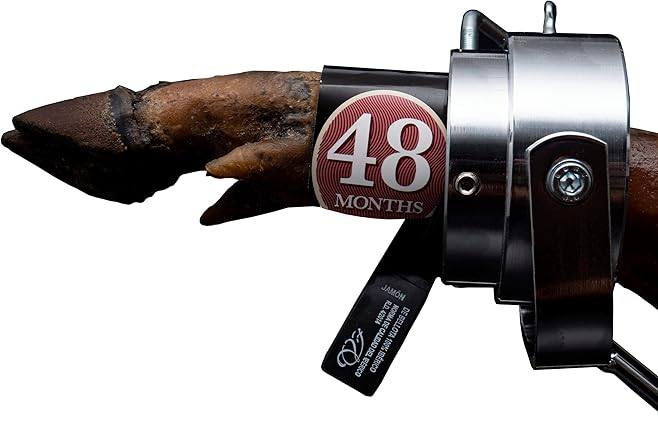
Why This Matters for Consumers and Producers Alike
Preserving Culinary Heritage
True acorn-fed Iberian ham is more than food—it’s a cultural artifact rooted in centuries of tradition. Diluting its identity through vague laws or misleading labels undermines this rich heritage.
Protecting Artisanal Producers
Smaller producers who invest in sustainable, ethical, and labor-intensive practices struggle to compete against large industrial farms that market their products under the same umbrella of “Iberian ham.” Clearer laws help protect their livelihood.
Enhancing Consumer Trust
Consumers want to know what they’re buying. When laws allow ambiguity, trust erodes. Strengthening the Iberian acorn ham law would empower consumers to make informed decisions and appreciate the value of what they’re purchasing.
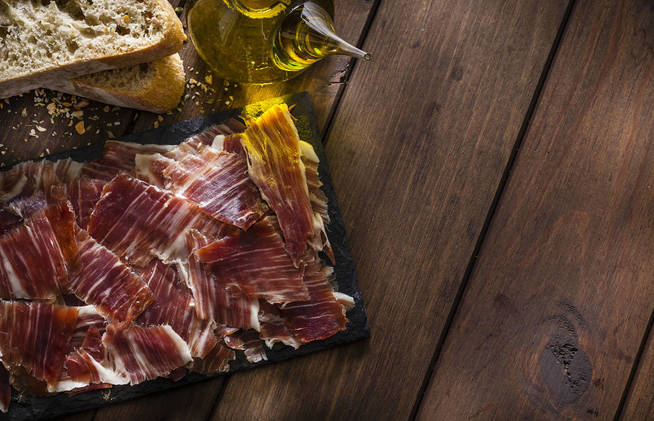
FAQs About Spanish Jamón Ibérico Law
What is the Iberian acorn ham law?
It’s a Spanish regulation that classifies Iberian PATA NEGRA ham by pig breed, diet, and rearing conditions using a color-coded label system.
Why is the law considered insufficient?
Because it still allows the term “Iberian” for lower-quality products, causing confusion for consumers.
What do the label colors mean?
Black = 100% Iberian, acorn-fed; Red = crossbred, acorn-fed; Green = pasture/grain-fed; White = grain-fed on farms.
Is “black leg” ham always 100% Iberian?
Not anymore—despite tradition, the term is often used loosely unless certified.
Can lower-grade Iberian ham be sold as premium?
Yes, due to vague regulations, many products labeled “Iberian ham” aren’t of top-tier quality.
How can I ensure I’m buying authentic acorn-fed ham?
Check for the black label, 100% Iberian breed, and purchase from trusted sources like 7Bellotas.com.
Are producers asking for legal reform?
Yes, many call for stricter laws to reserve premium terms for genuinely traditional products.
Is there international enforcement of these labels?
Enforcement is inconsistent, especially outside of Spain, leading to mislabeled products abroad.
Does this affect the reputation of Iberian ham globally?
Absolutely—blurring quality distinctions can damage consumer trust and Spain’s gourmet brand.
Where can I find truly authentic Iberian acorn ham?
Visit 7Bellotas.com for certified, artisan-crafted Iberian hams made the traditional way.

The truth is, not all Iberian ham is created equal—and consumers deserve to know the difference. The current Iberian acorn ham law may be a step forward, but it’s not enough. To protect the integrity of Spain’s gastronomic treasure, further reforms are needed. Until then, awareness, education, and trusted sources remain the best path to authenticity.
Looking for true Jamón Ibérico de Bellota? Explore the curated selection at 7Bellotas.com, where tradition, transparency, and taste come together.
